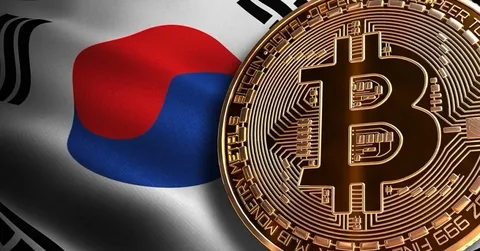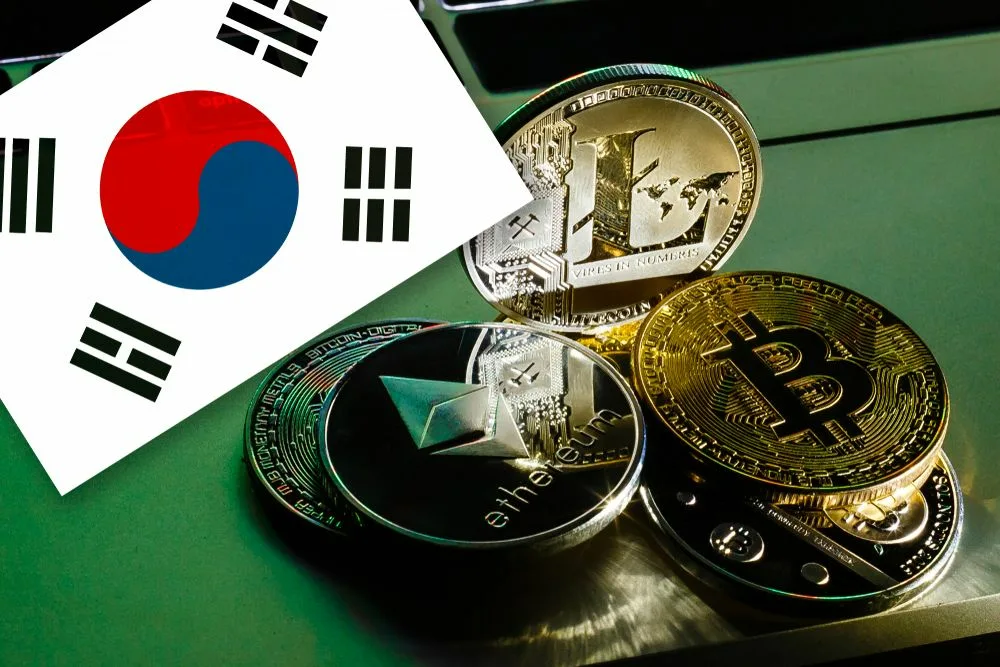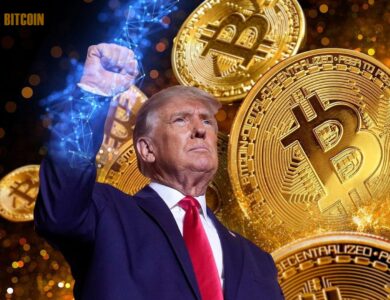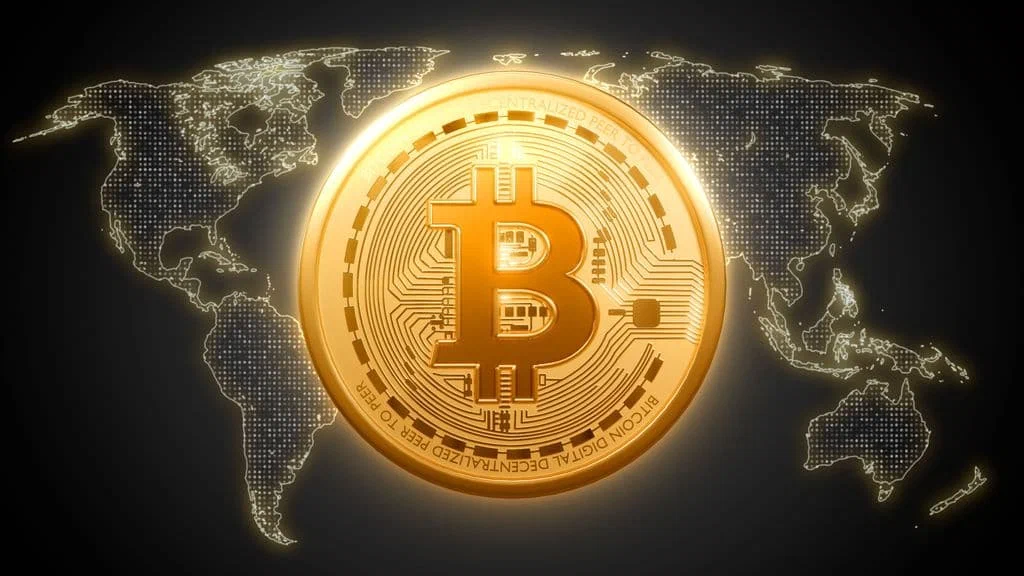
South Korea Declines to Adopt Bitcoin ($BTC) as a National Reserve Asset
South Korea Declines: South Korea’s top financial regulator has unequivocally dismissed speculation about adopting Bitcoin as a national reserve asset, reinforcing the government’s cautious stance on cryptocurrency integration into sovereign financial policies Elon Musk responds to Bitcoin as its price begins.
Strong Engagement with Cryptocurrencies but a Focus on Regulation
Despite being one of the most active cryptocurrency markets globally, South Korea has maintained a balanced approach by prioritizing investor protection and financial transparency. Over the last four years, the government has implemented significant regulatory measures, including:
- Mandatory Real-Name Trading Accounts: Ensures accountability and minimizes fraudulent activities in crypto transactions.
- Robust Anti-Money Laundering Protocols: Designed to curb illicit financial activities associated with digital assets.
These initiatives underscore the government’s commitment to fostering a secure crypto ecosystem while avoiding speculative decisions that could destabilize the economy.
Official Dismissal of Speculation by FSC Chairman
 On November 24, 2024, Kim Byung-hwan, Chairman of the Financial Services Commission (FSC), addressed the growing rumors during a televised interview. He categorically stated that South Korea sees no necessity to adopt Bitcoin as a national reserve and confirmed that there are no plans under consideration for such an initiative.
On November 24, 2024, Kim Byung-hwan, Chairman of the Financial Services Commission (FSC), addressed the growing rumors during a televised interview. He categorically stated that South Korea sees no necessity to adopt Bitcoin as a national reserve and confirmed that there are no plans under consideration for such an initiative.
Kim’s remarks came in response to speculation circulating among crypto enthusiasts, fueled by recent developments in global crypto adoption strategies. His clear stance aimed to dispel these rumors and reaffirm the government’s current priorities.
The Role of Domestic Economic Conditions in Future Decisions
Kim acknowledged that while Bitcoin’s potential as a reserve asset has been a topic of discussion globally, any decision by South Korea would ultimately depend on the nation’s domestic economic circumstances at the time. His remarks highlighted the unpredictable nature of economic trends and the careful deliberation needed before integrating such assets into national reserves.
Influence of the U.S.’s Pro-Crypto Policies
The growing speculation around South Korea’s Bitcoin reserve strategy appears to have been driven by external factors, notably the pro-crypto measures of newly elected U.S. President Donald Trump. The United States’ positive stance on cryptocurrencies has already influenced global conversations, pushing many nations to explore the possibility of integrating Bitcoin into their financial frameworks.
Conclusion
South Korea’s approach reflects its emphasis on stability, transparency, and investor protection. While external developments, such as U.S. policies, may influence discourse, South Korea has made it clear that it is not rushing into decisions regarding Bitcoin as a reserve asset. For now, the nation remains focused on managing its robust cryptocurrency sector responsibly without compromising financial security.
[sp_easyaccordion id=”4957″]







